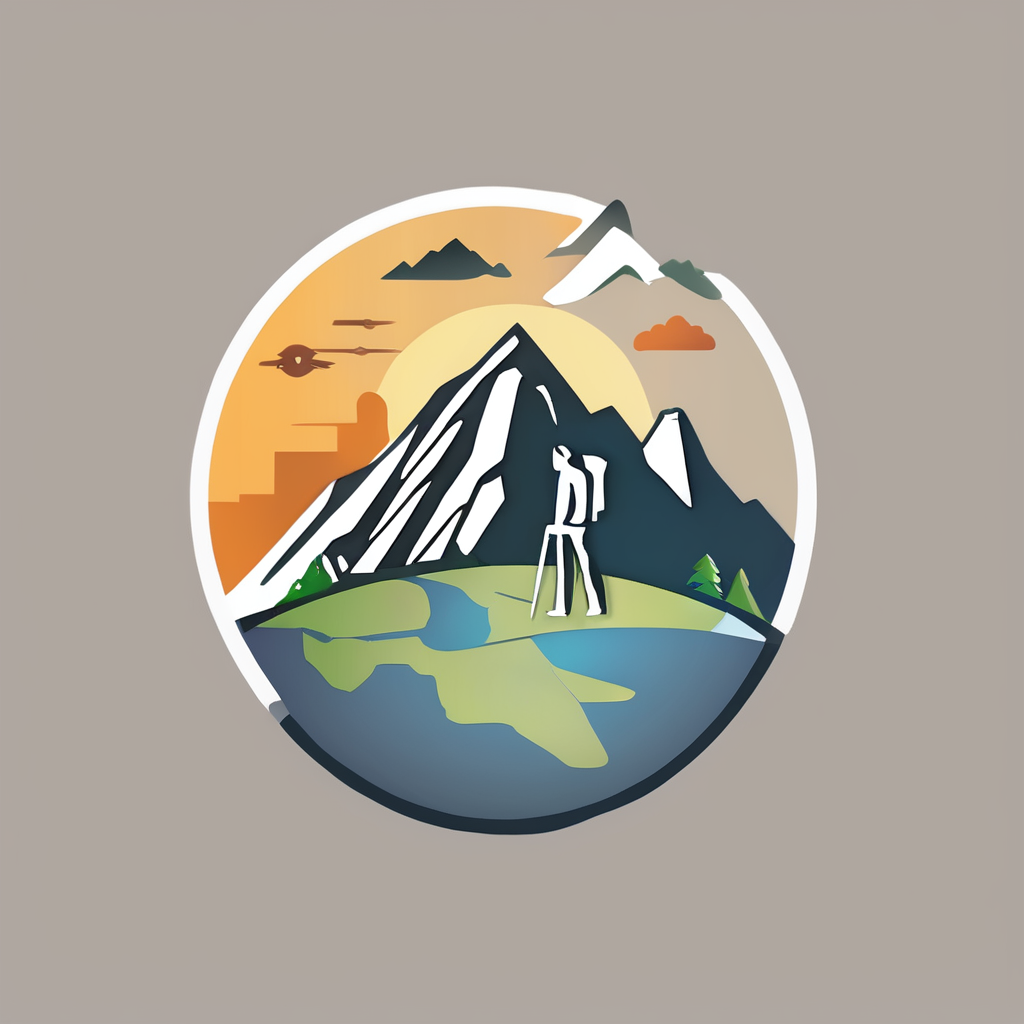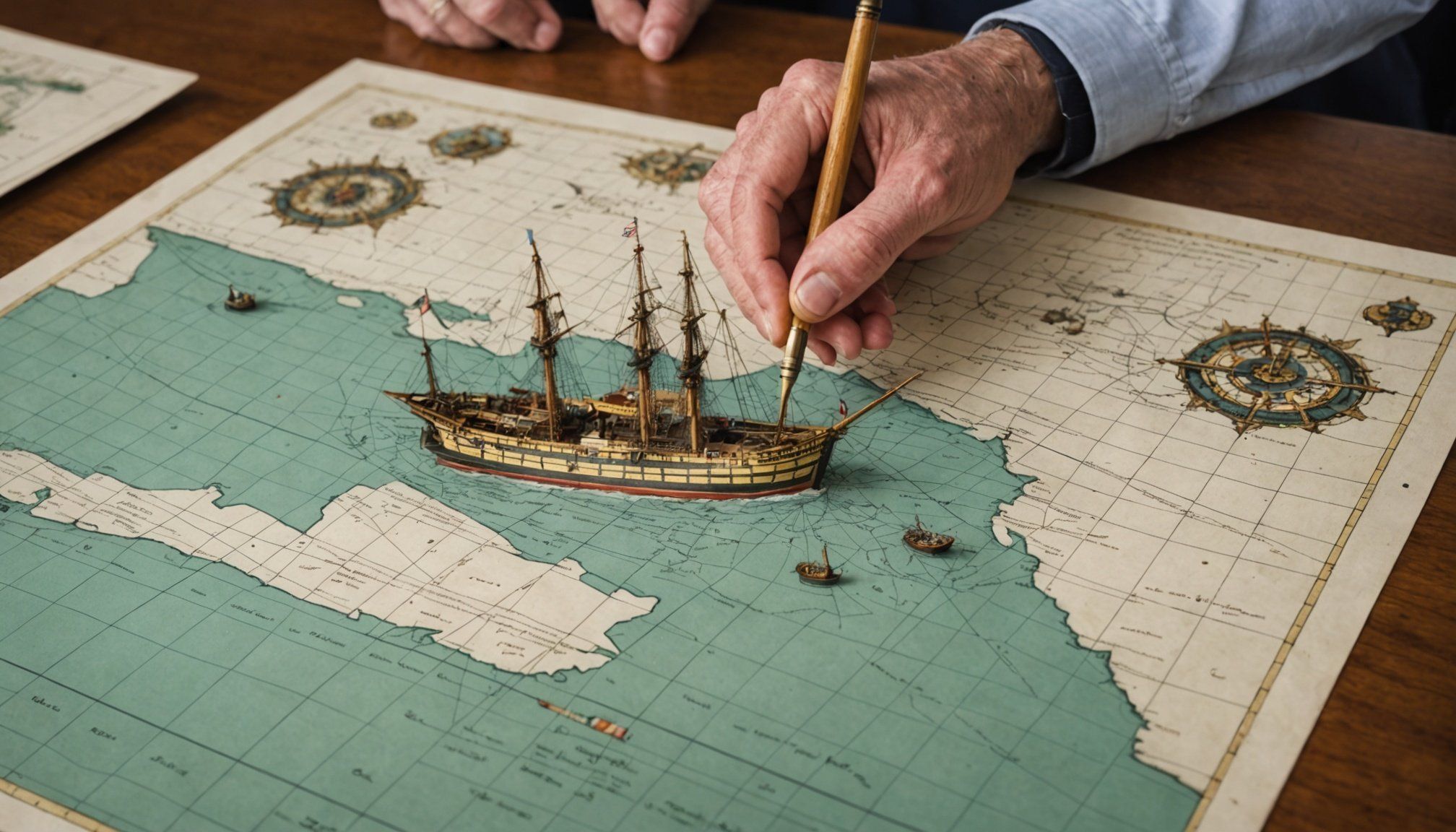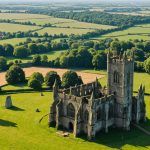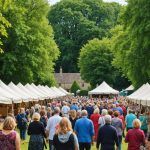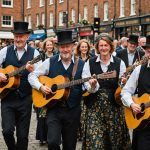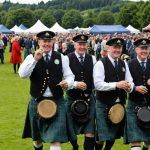Overview of British Naval Chart Making History
British naval chart making played an essential role in maritime exploration, providing invaluable guidance to navigators across the world. These charts represent an intersection of art and science, evolving significantly from their inception.
Initially, British maritime history relied heavily on experience and rudimentary sketches. As the demand for accurate mapping grew, so did the sophistication of chart making techniques. Over the centuries, advances such as the introduction of longitude calculations and precise instrumentations marked significant milestones in the evolution of these techniques.
Also read : Uncovering the Depths: Top UK Destinations for In-Depth Coal Mining History Tours
Historical workshops in Britain laid the groundwork for these advancements, where artisans and scientists collaborated closely to improve accuracy and detail. These workshops became epicentres for innovation, shaping the tools and methodologies that would map the vastness of the seas.
Key figures in British naval chart making include hydrographer Alexander Dalrymple and cartographer Admiral Sir Francis Beaufort. Dalrymple’s compilations were precursors to modern naval charts, while Beaufort’s scale for measuring wind speed remains influential today.
Also read : Explore the Rich History: Top UK Towns for In-Depth Georgian Era Walking Tours
Each development and innovation contributed to the broader maritime history, showcasing Britain’s commitment to mastering the seas. As these techniques evolved, they enabled more precise and safer voyages, paving the way for the global exploration that followed.
Workshop Opportunities
Interactive workshops provide attendees with hands-on experiences that enhance maritime education through active participation. These workshops engage participants by allowing them to immerse themselves in topics like navigation, marine life, and ocean conservation.
Types of Workshops
There are several types of workshops, each designed to offer a unique interactive experience. Workshops might focus on specific skills such as knot tying or boat handling, or delve into broader topics like maritime history or environmental impact. These sessions not only convey theoretical knowledge but also develop practical skills essential for maritime professions or hobbies.
Target Audience
The workshops cater to a diverse audience, including children, teenagers, and adults. Programs are tailored to suit various age groups and skill levels, ensuring that beginners and experienced participants alike can benefit. Educational institutions, families, and even maritime professionals might find programs that specifically align with their needs.
Duration and Locations
Workshops vary in duration, ranging from half-day events to week-long intensives. They are hosted in various geographic locations, primarily near coastlines or maritime centers, ensuring accessibility for those interested. This flexibility in location and timing allows participants to choose sessions that best fit their schedules and interest levels.
Topics Covered in Workshops
Understanding the workshop curriculum is essential for grasping the intricacies of naval chart creation. These workshops delve into the techniques of traditional chart making, a practice steeped in history and precision. Have you ever wondered how ancient mariners triumphantly navigated vast oceans? They relied heavily on meticulously crafted charts serving as their guiding compass through unknown waters.
The workshops offer a profound understanding of maritime navigation and its critical role in the evolution of sea travel. In-depth discussions explore how these charts have been a cornerstone of naval expeditions, enabling explorers to map out new territories and thrive in hostile environments. The sessions reveal the underlying principles of navigation, demystifying the use of stars, compasses, and celestial bodies.
Exploring the cultural and historical implications of naval charts further enriches the learning experience. Participants discover how charts have not only facilitated exploration but also influenced cultural exchanges and interactions across civilizations. Historical significance is not just a backdrop but a pivotal understanding of our modern world. Chart workshops illuminate the interconnectedness of geography, history, and culture, fostering a richer appreciation of past accomplishments.
By engaging in these workshops, attendees gain vital skills and knowledge whilst connecting to humanity’s adventurous spirit.
Significance of British Naval Chart Making
The British naval chart making industry revolutionized navigation through significant contributions to safety and efficiency at sea. By meticulously detailing oceans and coastlines, these charts enabled more precise and safe voyages, minimizing maritime mishaps. This advancement in navigation represented a remarkable leap, providing sailors with reliable tools that honed their route planning. As a result, the predictability and security of trade routes were markedly improved, bolstering economic exchange and global commerce.
British naval charts didn’t just facilitate navigation; they played a pivotal role in shaping Britain’s maritime heritage. By empowering the British fleet to navigate successfully, these charts supported naval supremacy and exploration endeavors, contributing to Britain’s historical dominance.
The charts’ historical impact extends beyond safety. They laid the groundwork for modern-day navigation systems, showcasing the intersection of innovation and practicality. In a world increasingly reliant on GPS technology, it’s fascinating to acknowledge how these early charts set the stage for evolving navigational tools. Their legacy is evident in their influence on global commerce and how they continue to inspire advancements in navigation.
Participant Testimonials
Hearing real workshop experiences offers deeper insight into their true impact and value. Participants often highlight the transformative effect these sessions have on their understanding of naval history. Here are some stories that illuminate their journeys.
Workshop Experiences and Insights
Participants frequently recount the depth of knowledge gained about naval history. Many emphasize encountering historical narratives and artefacts that brought a new dimension to their learning. In one story, a participant shared how understanding naval strategies across epochs broadened their perspective.
Feedback and Personal Growth
The feedback from these workshops centres around enhanced historical comprehension and personal growth. Attendees often discover new interpretative skills and analytical abilities, turning passive interest into an active engagement with the subject. This immersion can sometimes ignite a passion as vibrant as a sea voyage itself.
The Participant Stories
Many participants describe their experiences as catalysts for change. For example, one individual claimed the workshop inspired a career shift towards historical research. Another recounted newfound skills in critical thinking that improved their professional life. Each narrative is unique, yet consistently reveals the profound impact on their learning journey and personal evolution.
These workshops do more than impart knowledge; they inspire transformation and ignite lifelong curiosities.
Visual Resources and Tools
Top-secret naval routes, unfamiliar seas, and mysterious lands were once revealed through the deft artistry of chart makers. The British naval charts, like the ones used by explorers such as Captain James Cook, provide a fascinating glimpse into the age of exploration. These charts were meticulously crafted with detail, showing the explorers’ tenacity and commitment to navigating our vast world.
Chart making involved various ingenious tools that enhanced accuracy. Traditional chart makers relied on the compass for direction and the sextant to measure celestial bodies, instrumental in plotting courses accurately. Such tools were the precursors to modern satellite-based navigation systems.
For those interested in exploring these visual resources further, multimedia resources present a treasure trove of information. Archives like the British Library’s historical artifacts provide access to maps and charts, offering enthusiasts insight into the cartographic skill of bygone eras. Additionally, online platforms often showcase these resources, providing educational quizzes or interactive experiences to enhance understanding and appreciation. Enthusiasts can delve into the world’s past, comprehend how global navigation evolved, and augment their knowledge with engaging, historic content.
In the end, these resources and artifacts not only illuminate history but also enrich our appreciation of human ingenuity.
